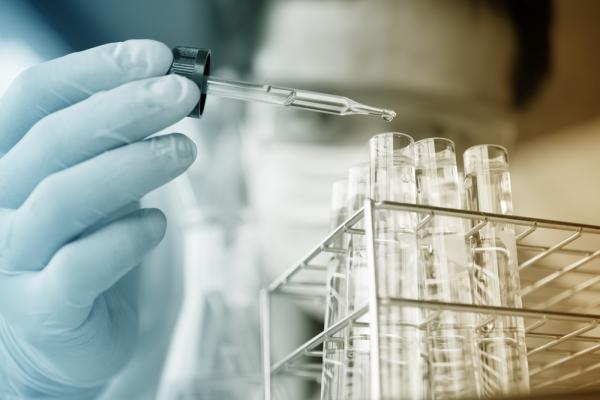The University of Cincinnati College of Medicine researchers have created multi-functional nanoparticles that may be capable of treating treatment-resistant breast cancer. These RNA nanoparticles could also make existing breast cancer treatments more effective. The study shows that the use of a nanodelivery system that would target HER2-positive breast cancer could slow down tumor growth and stop cancer from spreading to other sensitive areas in the body.
The nanodelivery system would be stopping the cancer from producing a protein called MED1. By ceasing the production of MED1, cancer cells would become more sensitized to a treatment for estrogen-driven cancer, called tamoxifen. This groundbreaking study was published in the American Chemical Society’s ACS Nano.
In a recent press release, Xiaoting Zhang, Ph.D, led the study, shows us that MED1 protein production increases at an unusually high rate in breast cancer cells, so much so, that when the MED1 protein is successfully removed, cancer cell growth stops. According to Dr. Zhang, ” Most breast cancers express estrogen receptors, and the anti-estrogen drug tamoxifen has been widely used for their treatment,Unfortunately, up to half of all estrogen receptor-positive tumors are either unresponsive or later develop resistance to the therapy. In this study, we have developed a highly innovative design that takes advantage of the co-overexpression of HER2 and MED1 in these tumors.”
Zhang’s team of doctors and researchers found that the RNA nanoparticles naturally bind themselves to the HER2-positive cancer tumors that are over-releasing the MED1 protein and reduces its growth significantly. The nano particles also reduced the spread of the HER2-positive cancer tumors. There will be further studies on this sensitive subject, but as for now, it appears that the study has brought forth information that could help doctors treat advanced metastatic and tamoxifen-resistant breast cancer, normally a life-threatening type of cancer.
There will be more clinical trials held at the UC Cancer Institute’s Comprehensive Breast Cancer Center. Though there is more yet to be proven, this study is still good news for breast cancer patients and those at a high risk for the disease.
